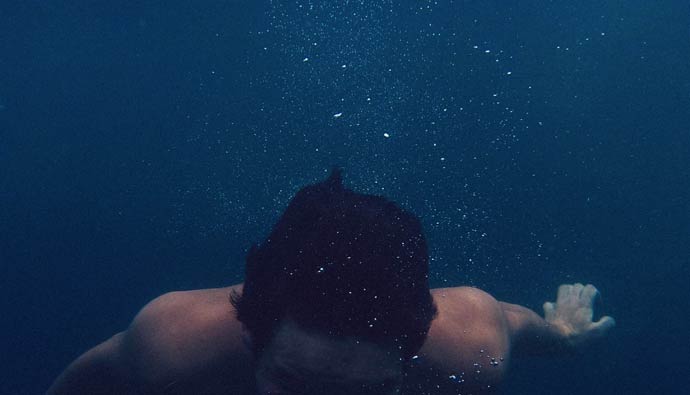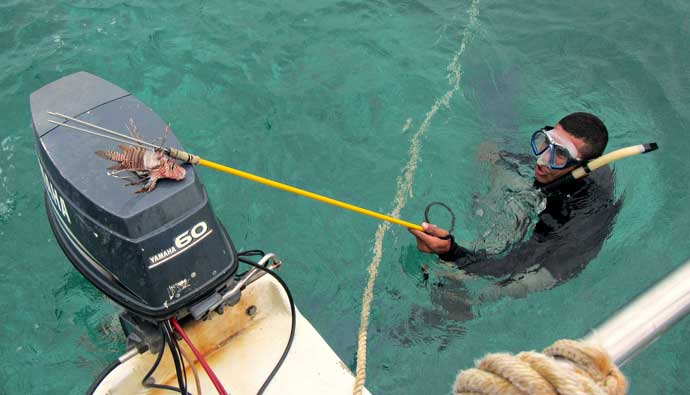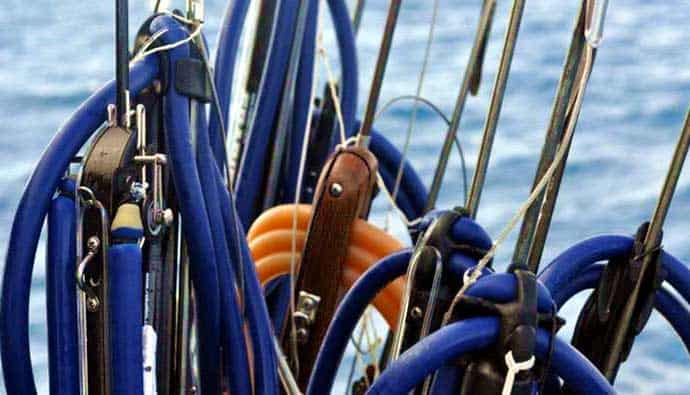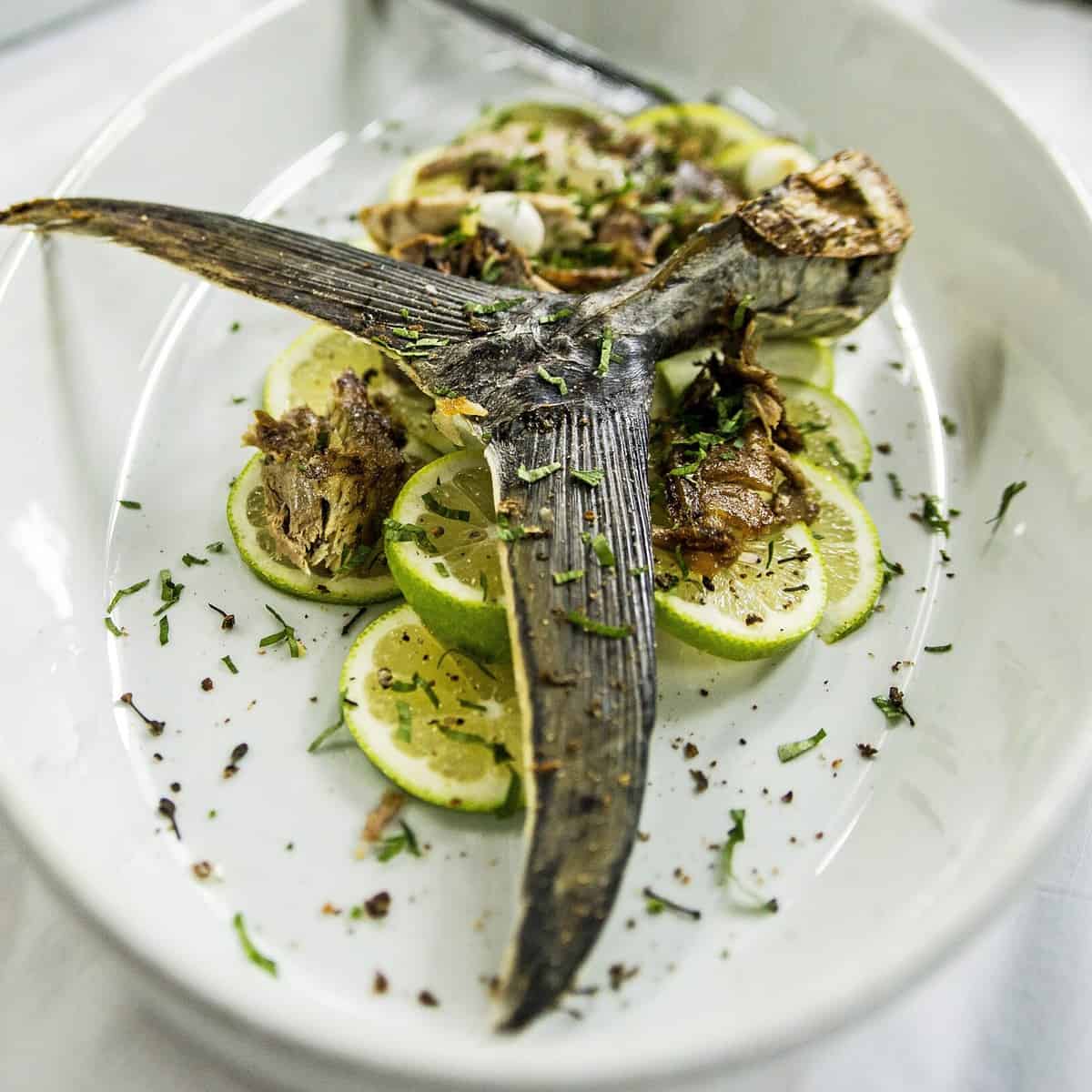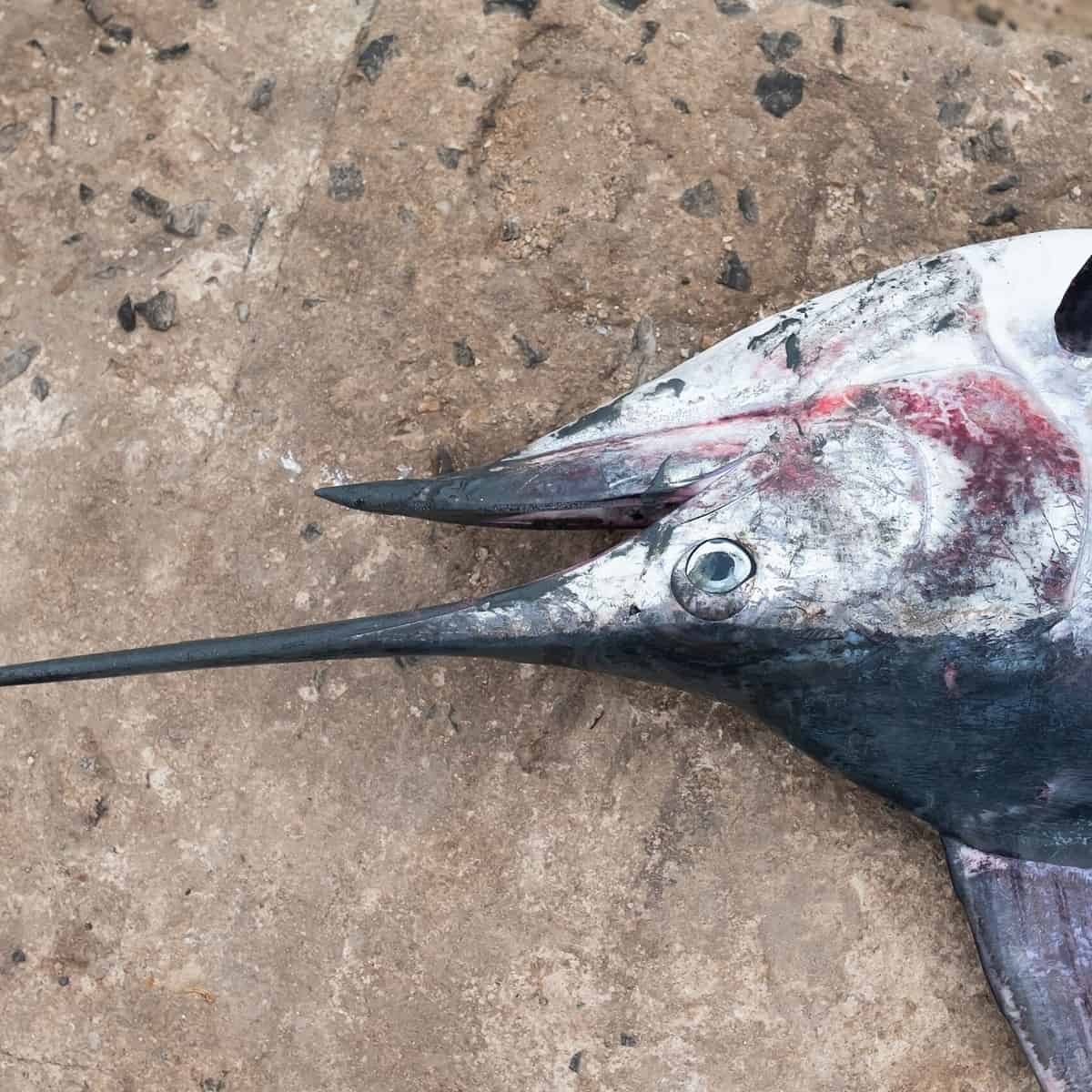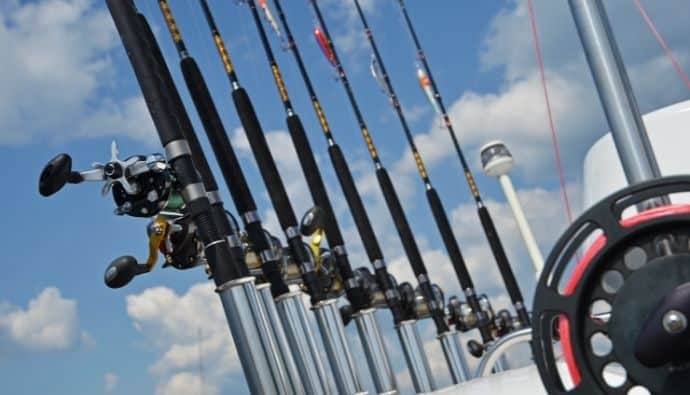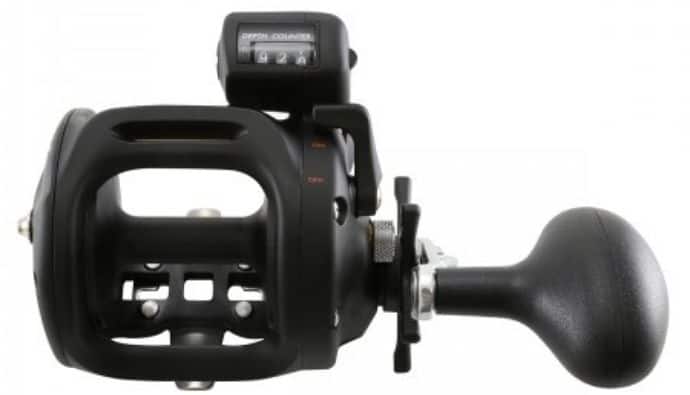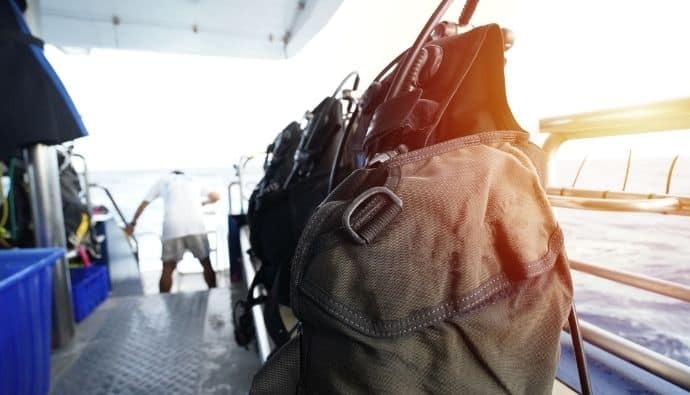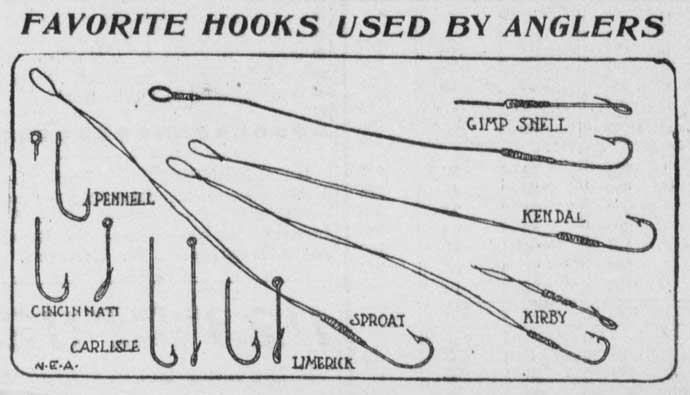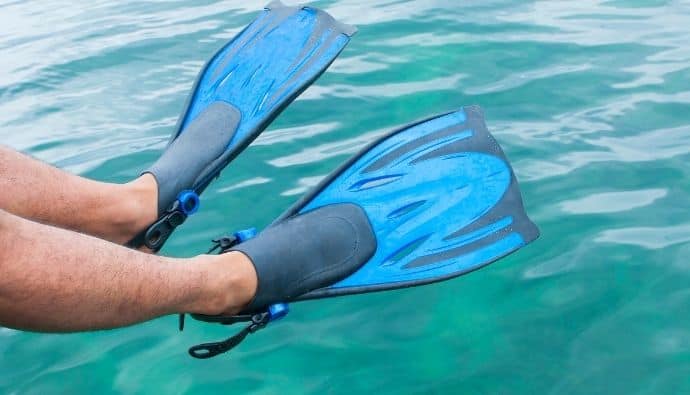If you’re new to spearfishing, you’re going to face gear problems. I want to help shorten your learning curve so you can have more fun diving safely.
We’re going to cover five of the most common spearfishing gear mistakes I’ve seen after taking a handful of divers out for their first time.
5 Spearo Gear Mistakes
1. Prepare Your Dive Mask
When I went on my first dive I didn’t know you needed to remove the silicone lining from your mask lenses.
It turned into a horrible dive session.
Your eyes are everything while diving. If your lenses are foggy, then you won’t be able to be calm and comfortable which will scare away fish. If there’s a fish nearby, you wouldn’t be able to see it either.
Make sure you rub the inside silicone away using a toothbrush and toothpaste. You can also burn it as I did in the video below.
If your mask is still fogging, repeat the process. If you’re out diving and your lenses start to fog, you can open your mask to let in a little water and use that to remove the fog by moving your head around. It’s not great but works in a pinch.
Also, be sure to spit on your lenses and rinse them with water before putting on your mask. You can also use anti-fog if you want to buy some.
2. Be More Visible to Your Dive Buddy
I find it funny that we buy camouflage to hide from fish when in reality we’re just hiding from our dive buddy.
Spearos catch fish without wetsuits all the time. A lot of great spearos catch them in all-black wetsuits as well.
That leads me to believe that we should be more visible to each other. It’s safer and the fish don’t care either way.
I like to use a white snorkel and neon-colored weights. Some new wetsuits have a huge colored back section so dive buddies can see you when you’re down deep.
Camo’s cool but safety is cooler. Get brighter.
3. Make Sure You’re Warm Enough
I used to pride myself on being able to handle the cold. This might work in surfing, but not diving. Surfing you’re above the water so the heat isn’t being sucked out of your body as fast.
Diving you also need to be super comfortable to keep your breathing and mind right. That being said, make sure your wetsuit is warm enough and doesn’t have holes. I’d much rather be a bit on the warm side than cold.
If you’re starting to shiver, it’s time to call it. You could mind over matter it for a time, but your breathing will be labored and your bottom times will be trash.
Hypothermia is a possibility. Don’t succumb to it. Stay warm.
4. Practice Loading Your Speargun
I can’t tell you how many times I’ve seen someone get a speargun, take it out on a dive, shoot, then spend 15 minutes trying to reload it after their first missed shot.
Practice reloading your gun and shooting line at home at least 30 times. Just don’t load the bands on dry land.
The wrapping, especially double wrapping, can be confusing. After you’ve done it 10 times, turn on the TV and watch a show while practicing. This should distract you a bit and prep you for all the distractions in the water.
If you have a pool, then practice loading your speargun in there a bunch of times before heading into the ocean or lake.
5. Have a Sharp Dive Knife
Your knife is your safety tool. Make sure you have at least one on you in a position that you can get to it with both hands.
I like to keep mine on the inside of my right calf. Some people have one on their arm with the handle pointed down. Others have it on their belt.
Practice getting to it before you need it.
Also, make sure it’s sharp. It’s easy for the saltwater to rust them if not taken care of properly. Sharpen them at home or find a knife sharpener at a farmers market or store.
Conclusion
Safety is your responsibility. Always dive with a buddy and make sure you’re both on the same page before you head in the water.
Good luck out there and let me know what you catch!
Listen to More Spearfishing Tips on the Cast & Spear Podcast






 Facebook
Facebook YouTube
YouTube